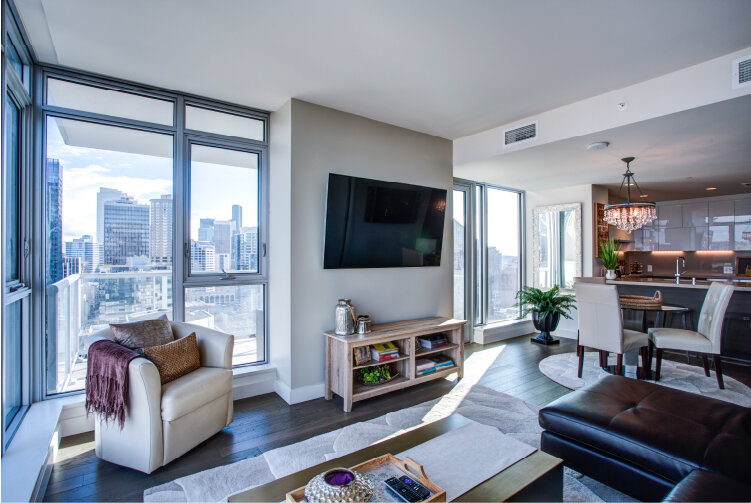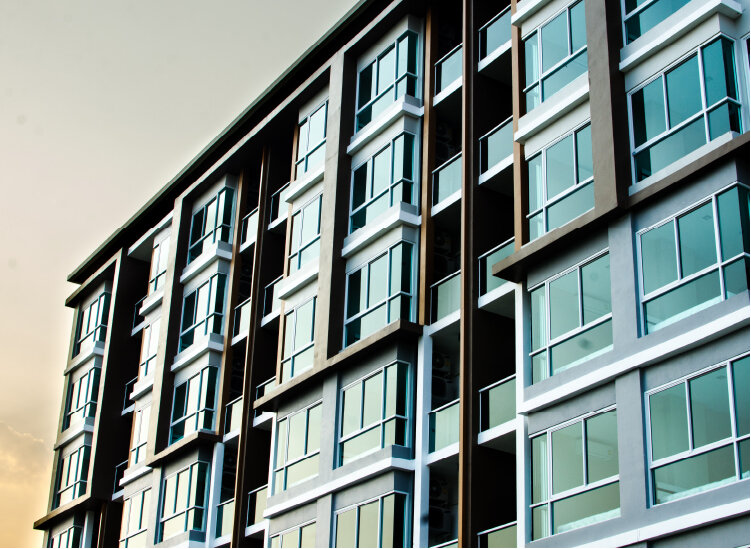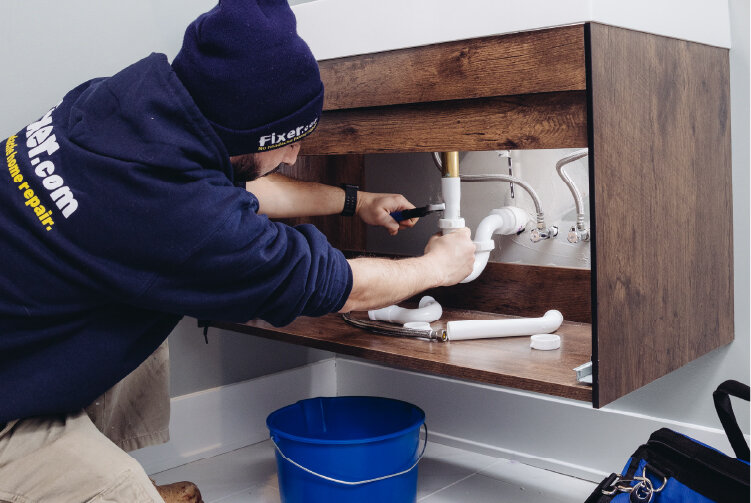What to know if you’re buying a condo as an investment property
While most investors prefer single- or multi-family homes over condos, there’s no reason why a condo can’t make a great investment as well. There are different pros, cons, tradeoffs to any investment. Condos are no different. Because condos usually require less maintenance they can be appealing rental properties especially for first-time or out-of-state investors. As long as you do your due diligence and know what to look out for, you too can be a successful condo investor.

What’s up with the HOA?
The biggest difference in owning a condo, compared to a house, is the HOA (homeowners’ association). Maintenance and repairs for the common areas (including outside, and sometimes some parts of units) are communal expenses, so decisions are entrusted to the HOA board. It’s a good idea to attend the meetings to stay informed. Associations usually have monthly or quarterly meetings. You might also consider getting a position on the board if you want to be more closely involved.
Before purchasing a condo, you’ll get a copy of the HOA bylaws and other documentation. Read them carefully; if you’re getting a mortgage, the bank will review them too. Consider meeting with the HOA president or building manager to answer any questions. Some condo buildings require you to meet with the board or a manager shortly before or after closing.

Here are some things to consider:
-
HOA dues (“assessment”): This is the amount you pay monthly. Dues can go toward a variety of building expenses: maintenance and cleaning of common areas, upkeep of amenities (buildings with pools or gyms will have higher HOA fees), trash and recycling collection, snow removal, security, insurance, door staff, management staff, and more, as outlined in the bylaws. It takes a lot to keep a building running, especially a large one. Also keep in mind that HOA dues can increase each year.
-
Reserves: Think of reserves as the building’s savings account or emergency fund. In addition to regular expenses, there are also large capital expenditures that come up when something major needs to be repaired or replaced. For example, most roofs need to be replaced after 20–30 years. For a large building, the cost can get into the hundreds of thousands. This is no big deal if it’s been properly planned for and the building has adequate money in reserves. Ideally, a portion of the HOA dues go towards reserves. Reserves are meant to cover costs for large projects as well as unexpected expenses. When a building doesn’t have an adequate reserve account, owners could be hit with a big special assessment when (not if) something goes wrong. A special assessment is an additional charge tacked on top of your regular HOA dues.
-
Rental friendliness: Some condo associations don’t allow any rentals at all, some only allow rentals to the owner’s family, and others allow only a certain percentage of the units to be rented. Then, there may be further restrictions on lease terms. Many buildings do not allow short-term rentals (e.g., Airbnb) so make sure to double-check if you’re interested in that.

Financing condos can be more difficult
If you’re looking to finance your condo with a traditional mortgage, the process can be more difficult compared to a single-family house. For example, a conventional lender will generally lend only if the building is at least 50% owner-occupied and has a homeowners association with a low delinquency rate and no ongoing litigation. Some banks may even require a larger down payment or give a slightly higher interest rate. Most investors still use traditional financing for condos. Just be prepared for some additional hurdles.
Lower maintenance costs
HOA dues can be a downside to condos but the positive is that condos typically have lower maintenance expenses. You’ll pay monthly dues, but you won’t have to worry about mowing the lawn, snow removal, or structural repairs. Water is almost always paid for by HOA dues as well, so that’s one fewer utility bill you’ll have to pay.
Because condos require less maintenance, they also tend to be easier to manage as rental properties. You might find that you can self-manage instead of spending the extra money on a property manager.
Lower insurance rates
Condo insurance rates are cheaper than rates for single-family homes because the condo association’s policy will cover damage to the exterior and common areas. Landlord insurance will always be a little more expensive.

Fixer is here to help with in-unit repairs
You’re still responsible for repairs inside your unit, but these are typically less costly than, say, repairing a roof. Fixer is available to help with many common repairs that come up for condo owners, including fixing a leaky faucet, painting projects, or replacing light fixtures. If you’re a condo landlord or property manager, we can easily coordinate repairs with your tenants too.
